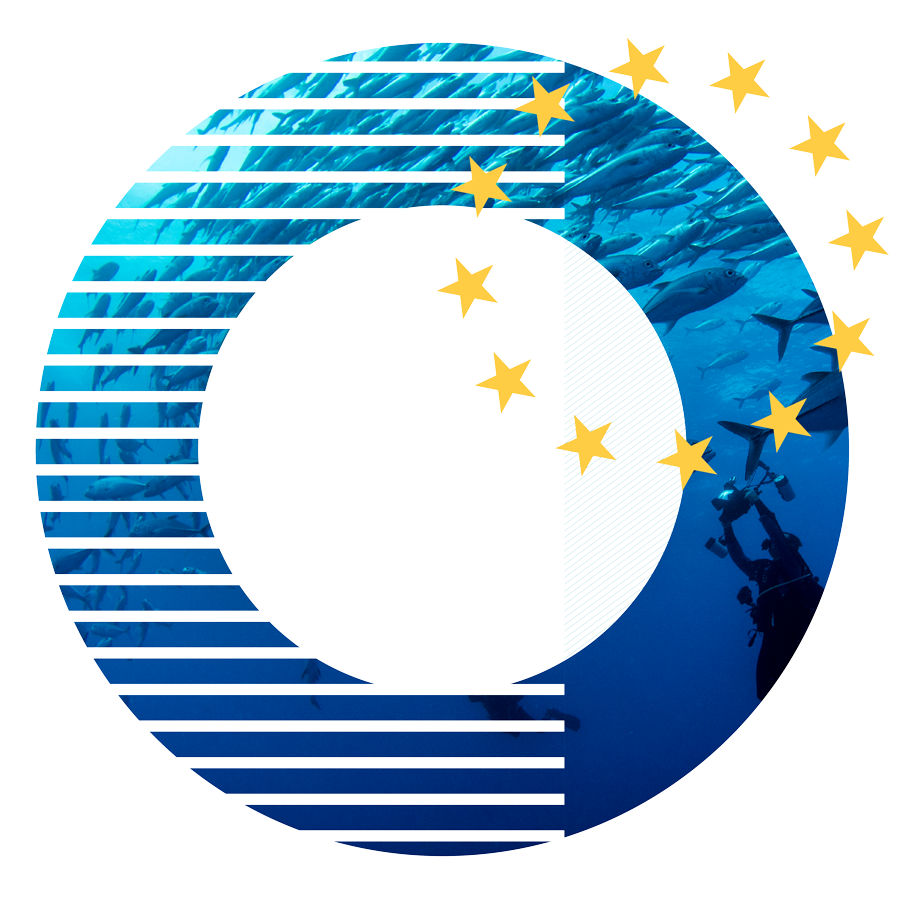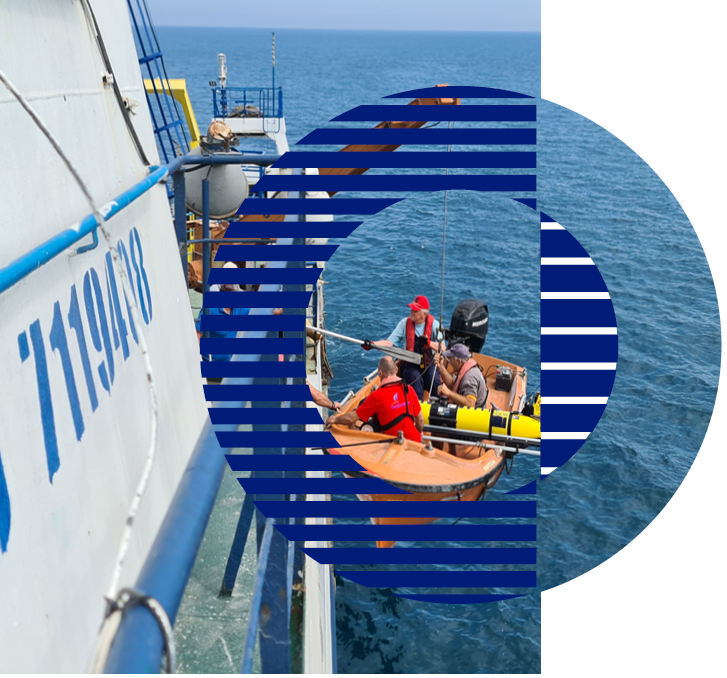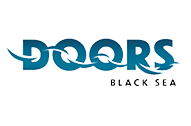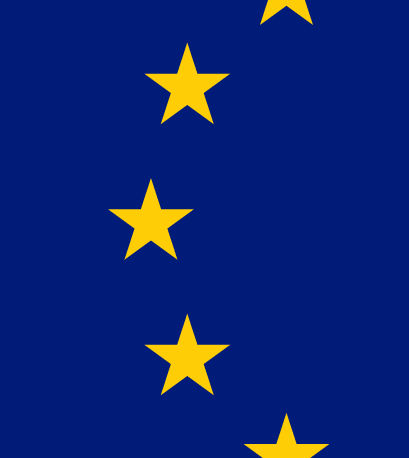
DOORS Black Sea
A Horizon Europe project
Biodiversity and ocean observation

DOORS (Developing Optimal and Open Research Support for the Black Sea) aims to make operational the Black Sea SRIA, support the successful Blue Growth implementation and contribute to a healthy, productive and resilient Black Sea bringing together citizens, scientists and industry stakeholders whilst pushing forward a blue economy innovation.
EMBRC provides cutting-edge, interdisciplinary, and customised services to streamline research and help provide the infrastructure to better understand the Black Sea.

This project was co – funded by the European Union (GA# 101000518 – DOOR Black Sea)
Views and opinions expressed are however those of the author(s) only and do not necessarily reflect those of the European Union. Neither the European Union nor the granting authority can be held responsible for them.


